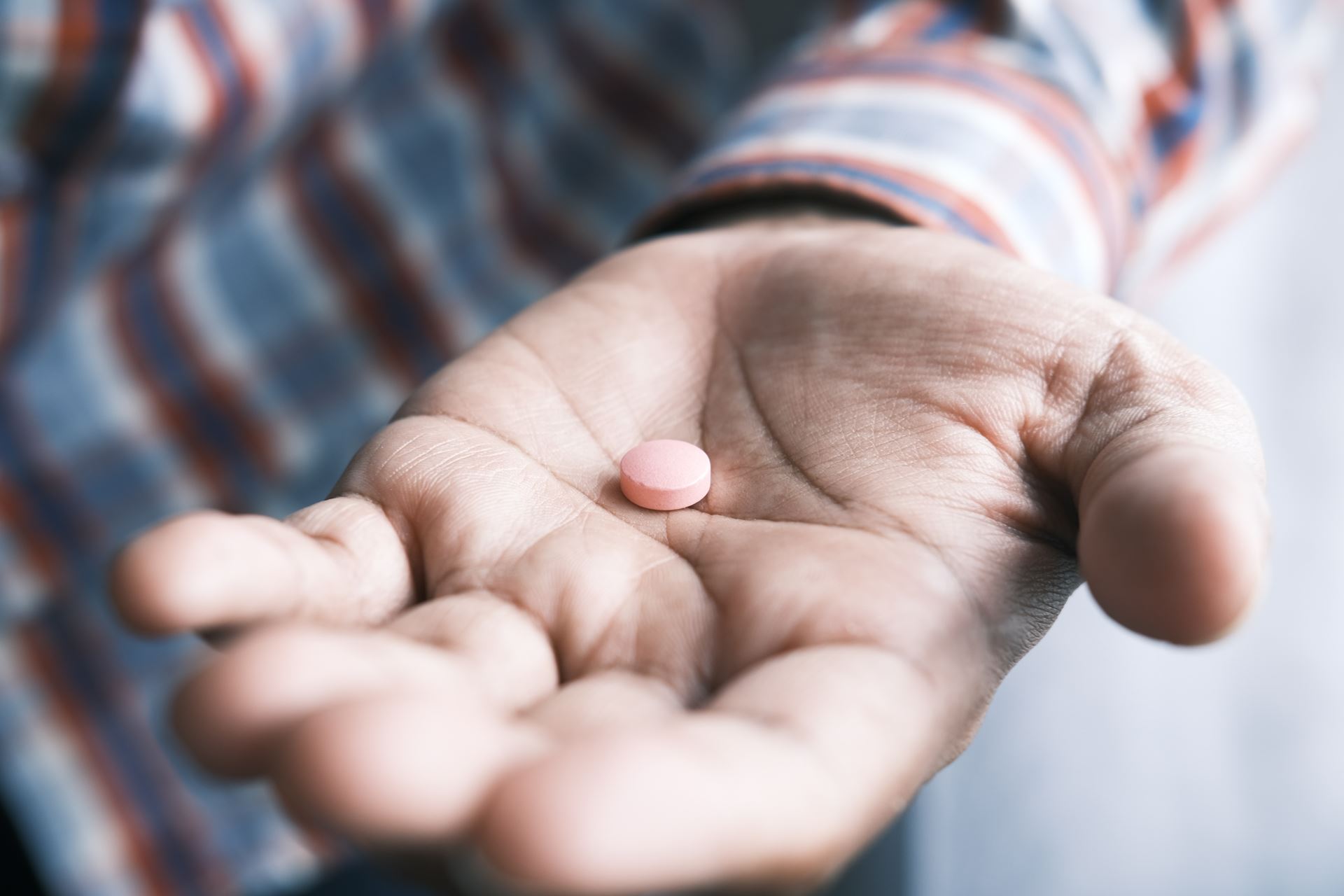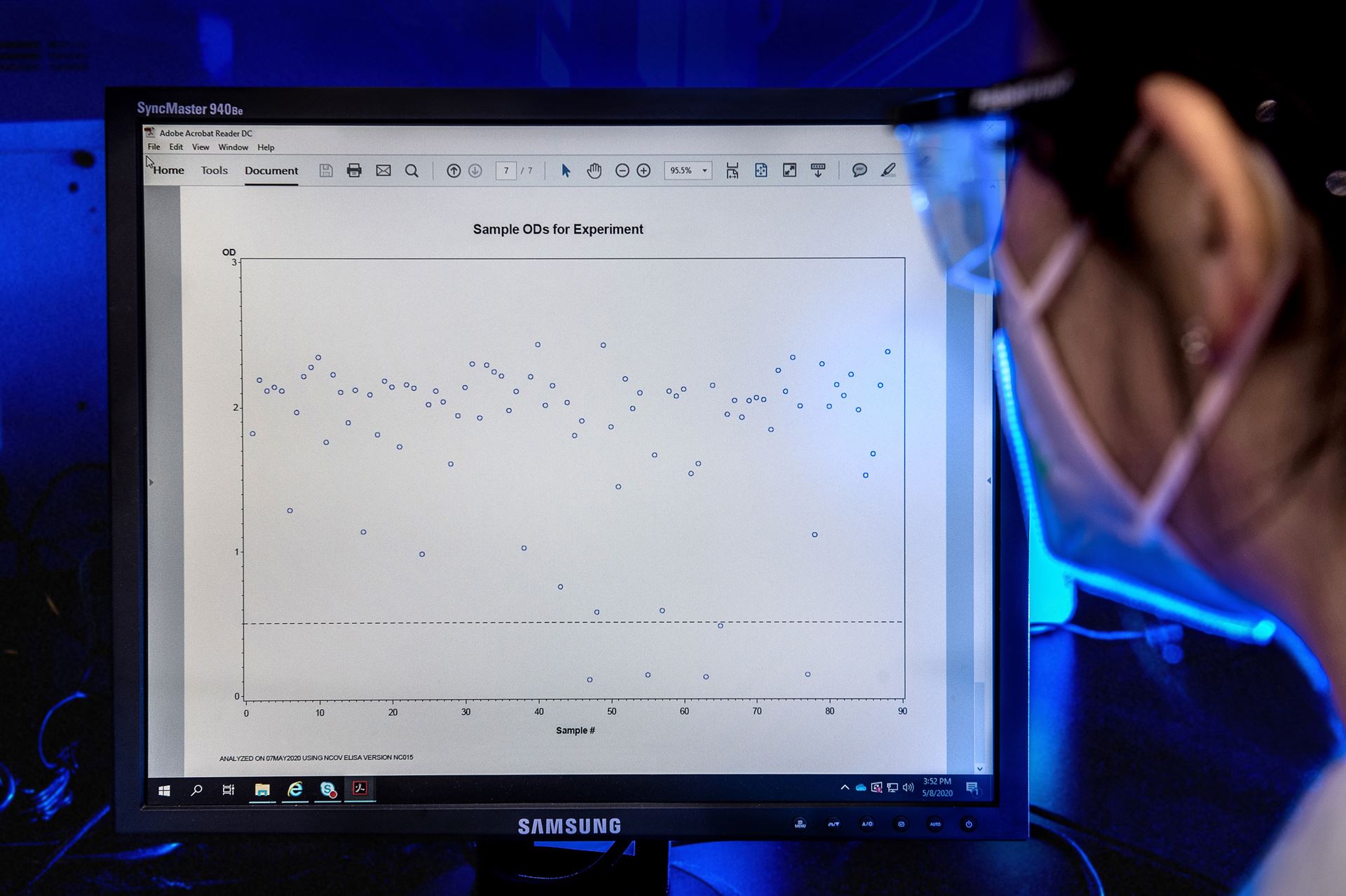Wrap your children up with the best protection – Vaccinations
Stay strong, get vaccinated! Are your child’s vaccines up to date? Check their red book or speak to us if you are unsure.
Talking Therapies
Millions of adults facing debilitating anxiety conditions are missing out on treatment that could help them recover and get back on with their lives. In response the NHS has launched a major new mental health campaign, urging those facing 6 common anxiety conditions that treatment is available and to come forward for support by self-referring online at www.nhs.uk/talk
NHS talking therapies provide people with practical skills and techniques to overcome a range of mental health conditions like OCD, social anxiety disorder, PTSD, panic disorder, body dysmorphic disorder and phobias. Anyone can self-refer online without needing to see their GP.
NHS Healthy Choices Quiz
The NHS has launched a free health and wellbeing quiz, the Healthy Choices Quiz which takes around 5 minutes to complete. The Healthy Choices Quiz aims to empower adults, particularly those in middle age, to make positive changes to their behaviour and create meaningful steps towards a healthier life.
Start your journey to a healthier lifestyle - take the free NHS Healthy Choices Quiz today www.nhs.uk/hcquiz






